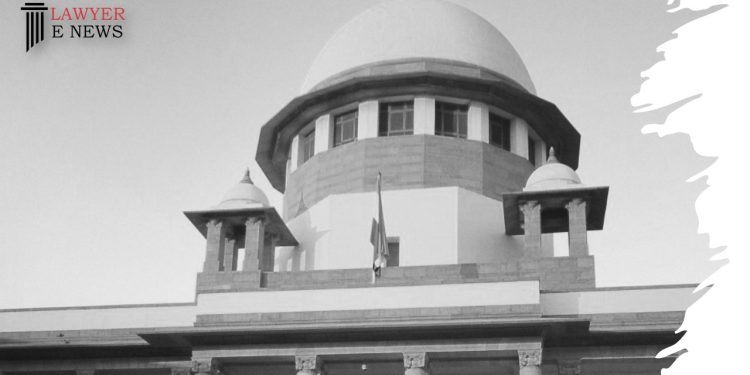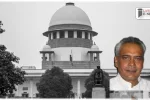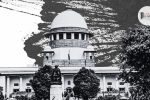“Can a single individual conspire with oneself?” – SC

In a significant ruling, the Honourable Supreme Court has acquitted two accused, Manoj and Kallu, reversing their convictions due to the glaring flaws in evidence and investigation. The apex court’s decision highlights the importance of credible evidence and the need to avoid relying on illusory knowledge in criminal cases.
Justice S. Ravindra Bhat and Justice Dipankar Datta, in their joint verdict, observed, “The greatest obstacle to true discovery is not ignorance, but rather the illusion of knowledge.” This observation aptly captures the essence of the case, where the court found that the convictions of the accused were based on inadequate evidence and a flawed investigation.
The prosecution’s case rested heavily on the disclosure statements made by the accused and co-accused. However, the court noted that disclosure statements, though significant, cannot stand as the sole evidence for conviction. The court emphasized that such statements should be supported by additional evidence to establish guilt beyond reasonable doubt. “Disclosure statements hold significance as a contributing factor in unriddling a case, but they are not so strong a piece of evidence sufficient on its own,” the judges stated.
The judgment also scrutinized the presumption under Section 114(a) of the Evidence Act, which allows the court to presume guilt when an accused possesses stolen goods shortly after a theft. The court pointed out that this presumption should not be drawn in isolation and must be corroborated by other evidence. “A presumption of fact must be drawn considering other evidence on record, and without corroboration from other cogent evidence, it must not be drawn,” the court cautioned.
Furthermore, the court questioned the conviction of Kallu under Section 120-B of the Indian Penal Code (IPC) for criminal conspiracy. The judges pointed out that criminal conspiracy requires an agreement between two or more persons, rendering a conviction of a single individual untenable. “Can a single individual conspire with oneself? We cannot but disagree,” the court remarked, highlighting the logical inconsistency in such a conviction.
Ultimately, the court’s decision underscores the need for thorough investigation, reliable evidence, and the avoidance of drawing presumptions solely based on illusory knowledge. The appeals of Manoj and Kallu were allowed, and their convictions were set aside. The two accused were acquitted and discharged from their bail bonds. This ruling serves as a reminder of the judiciary’s commitment to justice based on sound evidence and fair procedure.
Date of Decision: 11th August, 2023
MANOJ KUMAR SONI vs THE STATE OF MADHYA PRADESH






